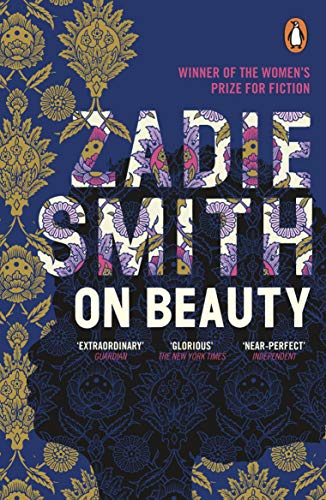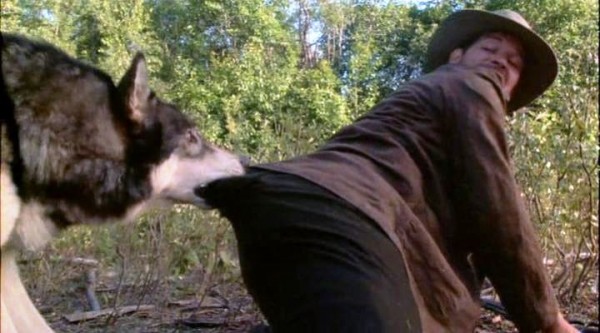
Carl is a gifted rapper and poet with little formal education and a curious mix of ambition and resentment he is also exceptionally beautiful, and, with ulterior motives, Zora encourages him to participate in Claire Malcolm's poetry class. Meanwhile, Zora has met a young black man, Carl, from the rough part of Boston. Jerome, too, is horrified at the news the year before, he fell in love with Kipps's beautiful daughter, Victoria. Kipps is a Caribbean-born conservative who still refers to 'the coloured man', is opposed to affirmative action and intends to deliver a series of lectures entitled 'Taking the liberal out of liberal arts'.

Howard and Kiki's 30-year marriage is recovering from the blow dealt by Howard's brief affair with a colleague and family friend, poet Claire Malcolm, when his professional confidence is also assailed by the discovery that his long-time academic rival, Sir Montague Kipps, is to take up a teaching post at Wellington College. Married to Kiki, a warm-hearted, generously proportioned black woman from Florida, middle class in her own right but without his academic education, he is the father of three children, earnest Jerome, 20, insecure Zora, 19, and Levi, who, at 16, is rebelling against his background and will only speak in the cadences of gangsta rap. Howard, 57, is a world-weary, liberal academic whose work, a deconstruction of the myth of Rembrandt's genius, has never quite had the impact on the wider world that he might have wished.

Many are also troubled by the question of the use or value of art and literature in a post-9/11 world where all established values seem to have been upended neither the 'high' culture of the academy, nor the 'low' culture of the street escape this interrogation, while the notion of distinguishing between them is also dissected.Īt the centre of the novel is the Belsey family. Smith has added an extra dimension to Forster's scrutiny of class by stirring elements of race and nationality into the mix how far blackness determines identity is a question asked by most of her characters at one time or another.

Wellington College, with its petty feuds, judgments, professional and sexual jousting and self-congratulating affluence, prides itself on its liberal principles but remains almost wholly estranged from a world in which prejudice, poverty, crime, terror and fear are the forces that move those outside the academic bubble. To simulate the stratified society of Forster's turn-of-the-century England, Smith has chosen an equally hidebound world, the knowingly archaic and insular landscape of an upscale, east coast American university outside Boston, not dissimilar to Harvard, where the author spent time on a visiting fellowship.


 0 kommentar(er)
0 kommentar(er)
